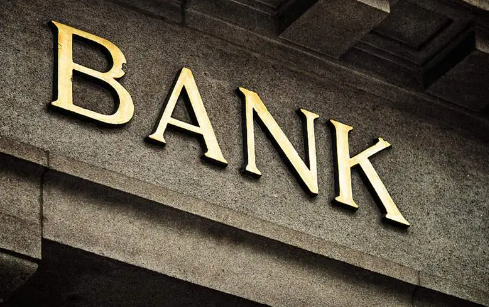Foreign bank
A foreign bank is a bank that operates in a country other than its home country. These banks have their headquarters and primary operations located outside of the country in which they are operating. Foreign banks can offer a range of financial services, including deposits, loans, credit cards, investment services, and more.

Foreign banks often enter new markets to expand their customer base, take advantage of growth opportunities, or diversify their operations. They may establish branches, subsidiaries, or representative offices in the foreign country. Some foreign banks acquire local banks or enter into partnerships with domestic financial institutions to gain access to the local market.
Foreign banks can bring various benefits to the host country, such as introducing new financial products, increasing competition, improving access to capital, and contributing to economic growth. However, they also pose regulatory challenges, as authorities need to ensure the stability of the local financial system and protect consumers.
Examples of well-known foreign banks include HSBC (Hongkong and Shanghai Banking Corporation), Citibank, Deutsche Bank, Barclays, and Standard Chartered. These banks have a global presence and operate in multiple countries worldwide.
Related articles

 WeChat of CBiBank
WeChat of CBiBank